
Sexual orientation and gender identity won’t count in 2021 census
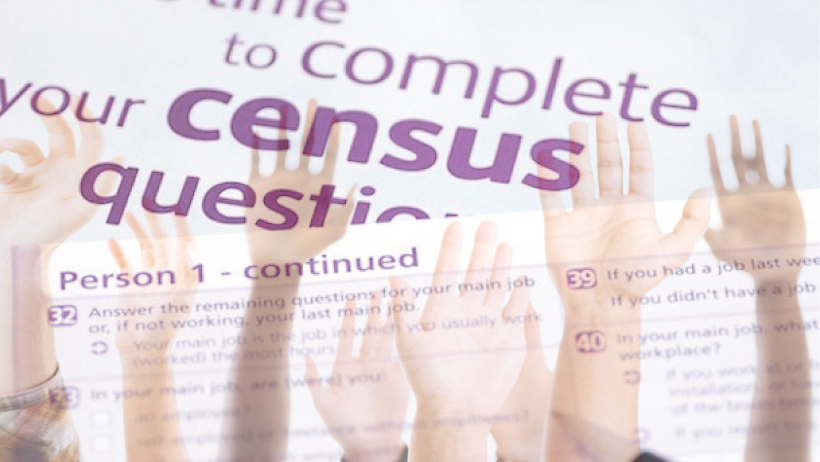
When it comes to the sexual orientation and gender identity of Australians, it seems that our communities just don’t count.
With the news that the Australian Bureau of Statistics will not ask questions about sexual orientation and gender identity in the 2021 Census, Equality Australia is joining health organisations and community groups who are calling on our national census to reflect the diversity of the entire nation, so that no Australian is left behind when planning healthcare and social service programs for our future.
“It is disappointing that the ABS will not be collecting information about sexual orientation in the next census,” Equality Executive Anna Brown told The Guardian,
“It is absolutely vital for us to be counted if we are to have the diverse needs of the LGBTIQ community adequately addressed in government policy and programs.
“We all know about the mental health and well-being disparities for LGBTIQ Australians, we need a clearer understanding of the demographics of our communities so we can ensure that funding whether for healthcare, or social services, is directed to where it is most needed.”
Every five years, the ABS collect data on every person in Australia, wherever they may be on one particular night. The census is the largest statistical collection our nation compiles and is used to plan the provision of health care, education, employment as well as infostructure for our future.
In August, a broad coalition of health and wellbeing NGOs issued a joint statement, calling on the ABS to collect “appropriate and meaningful … data on sexual orientation, gender identity and intersex status” in the 2021 census for the very first time.
“The census is best placed to understand the cultural, economic and social diversity of our communities, providing information about the population across small geographic areas and long-time trends in key aspects of the lives of Australians,” the groups said.
“Census data underpins government funding and investment and informs government decisions in a range of areas, including healthcare and social services planning.
“Asking appropriate questions on sexual orientation, gender identity and intersex status in the Census is crucial in fostering an evidence-informed environment for health and economic policy service planning and understanding health and social service utilisation, and is essential in addressing the significant health disparities that LGBTI people experience.”
In 2018 the ABS sort consultation on additional questions to add to the 2021 census, so that they can get a better picture on the diverse changes in our nation. Of the eight potential new topics identified, questions about respondents’ journey to education or whether they smoke will also not be added.
An ABS spokesman told The Guardian the decision to not add these questions was to keep “the burden we placed on responding households to a minimum”. Stating that the final decision on questions for the 2021 census is one for government, who have not yet advised the ABS of its decision.
The Australian Census includes questions about people’s religion, so why not their sexual orientation and gender identity?
Over the last two census’ we have seen a rise in the number of Australians who do not identify as religious. The 2016 Census shows 30.1% of Australians have no religion, higher than those that identify as Catholic.
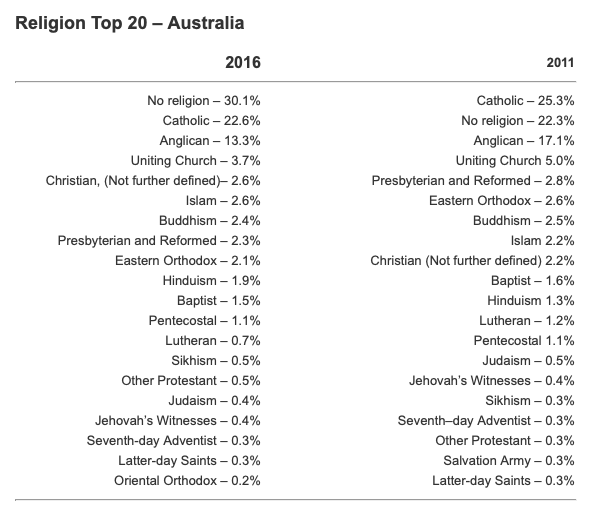
Image from ABS Media Release 2016
Trans Pathways, the largest study ever conducted of the mental health and care pathways of trans and gender diverse young Australians, showed that three in four trans young people have experienced anxiety or depression. Four out of five trans young people engaged in self-harm, and almost one in two trans young people have attempted suicide. With LGBTI Australians having high rates of suicide and mental illness—especially trans young people at high risk for poor mental health, self-harming and suicide attempts—why would you not prioritise getting a more accurate count of the number of Australians this affects?
The 2016 Census was the first Australian census where you could specify your gender as something other than male or female, giving us a stronger picture of our gender diverse communities sit in our national picture.It was an important step allowing reporting of this scale to not be limited to the binary, with 1,260 people giving an intentional and valid sex and/or gender diverse response. However, both the paper and online versions did not allow for the ‘other’ option, requiring people to log in online so that they could be counted.
We do not yet know if the 2021 Census will continue to allow for people’s gender to be counted beyond the binary.
As the government have yet to give their answer as to whether changes should be made to the census, there is still time to be heard and make sure that gender identity and sexual orientation of every Australians is counted. So we can build a more inclusive, diverse and safe future for all us all.
Click here to add your voice, calling on the ABS to count us in in the 2021 Census.

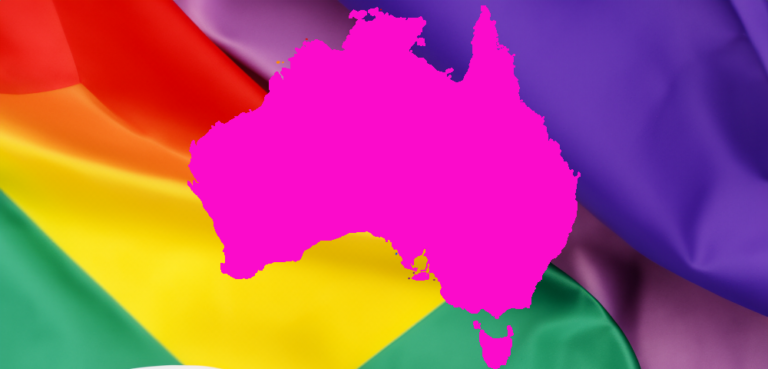
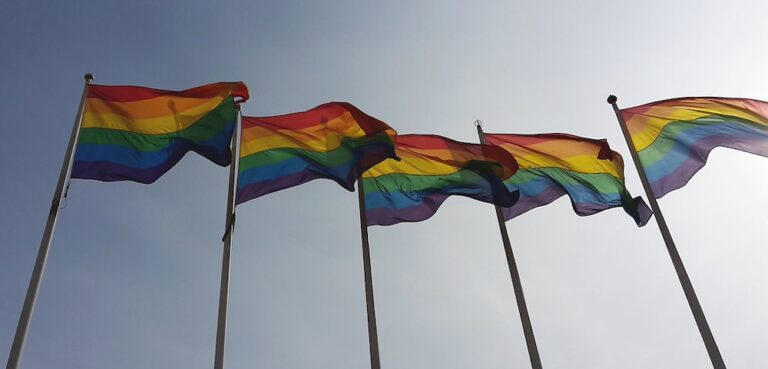
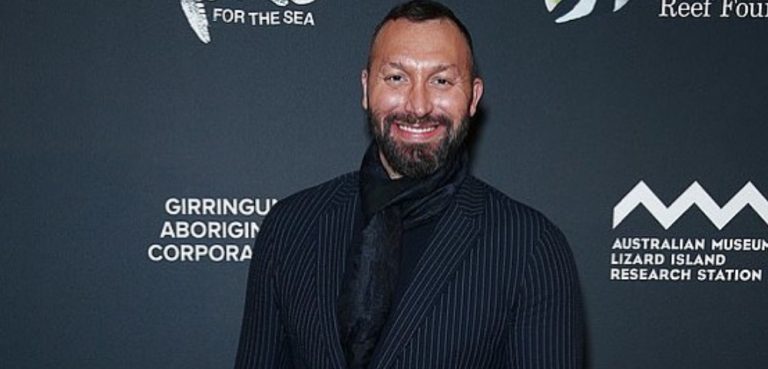
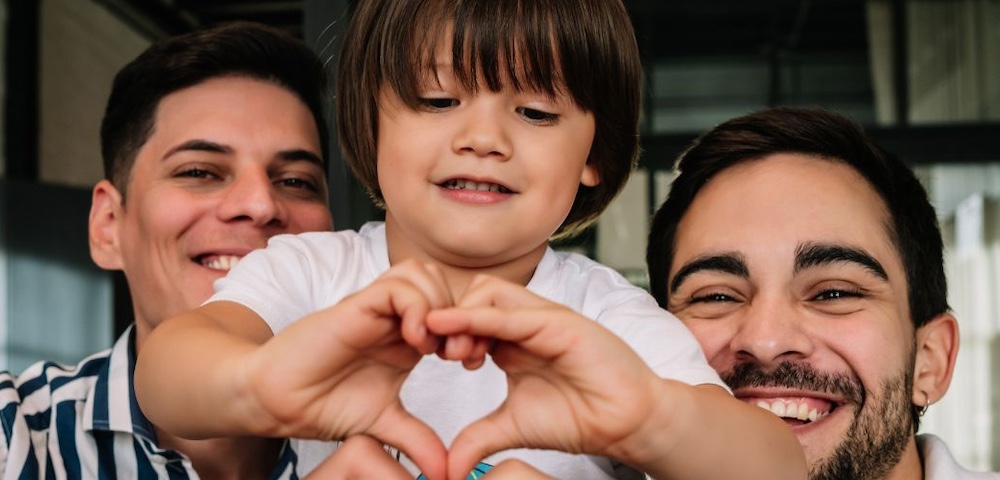

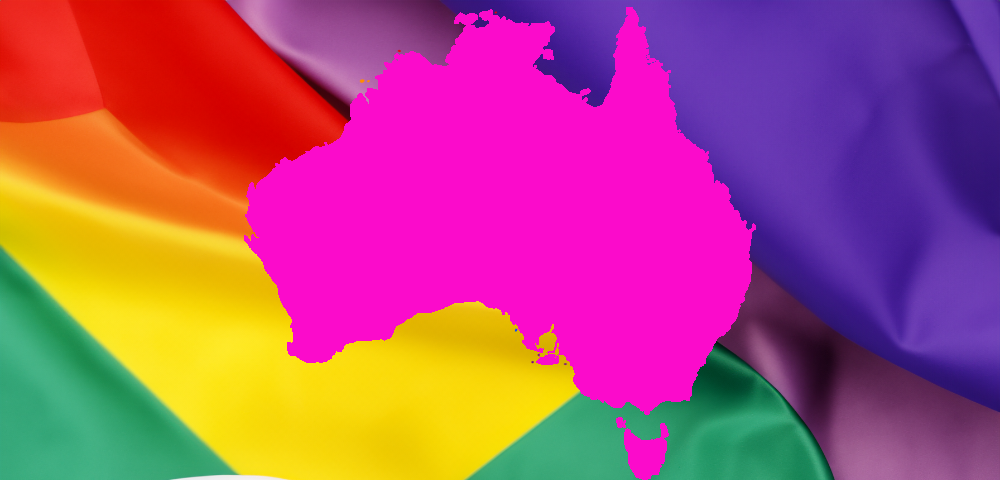

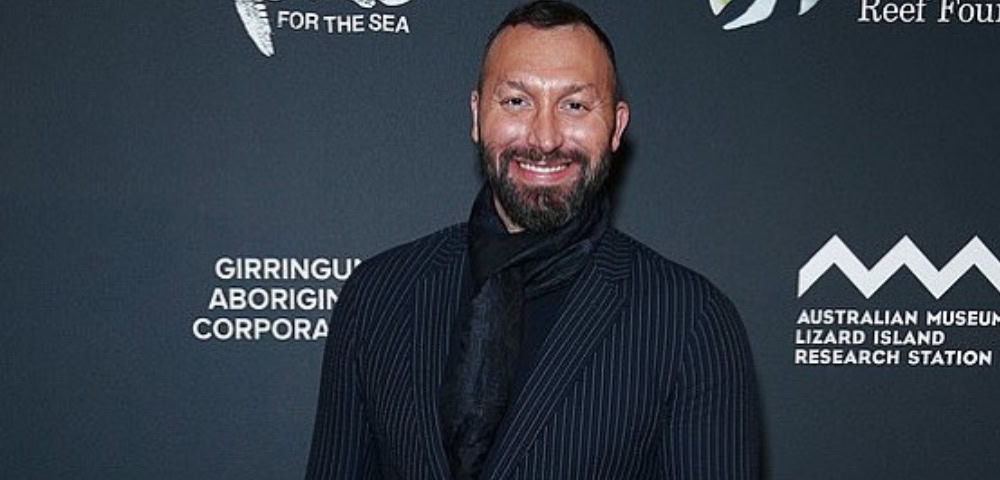
I wonder how closet cases would answer the sexual orientation question. Or straight guys in denial. Only an idealist would believe the data obtained is valid.
I, myself, would not answer the question correctly. Once on a govt database as confirmed gay, just imagine what happens years down the track when the ‘wrong’ government gets in power. How do you think the Nazis rounded up the Jews so easily?
So in other words over 51% OF PEOPLE IN 2016 still identified as Christian, which is higher than those that identify as No Religion. So your pathetic point is moot.